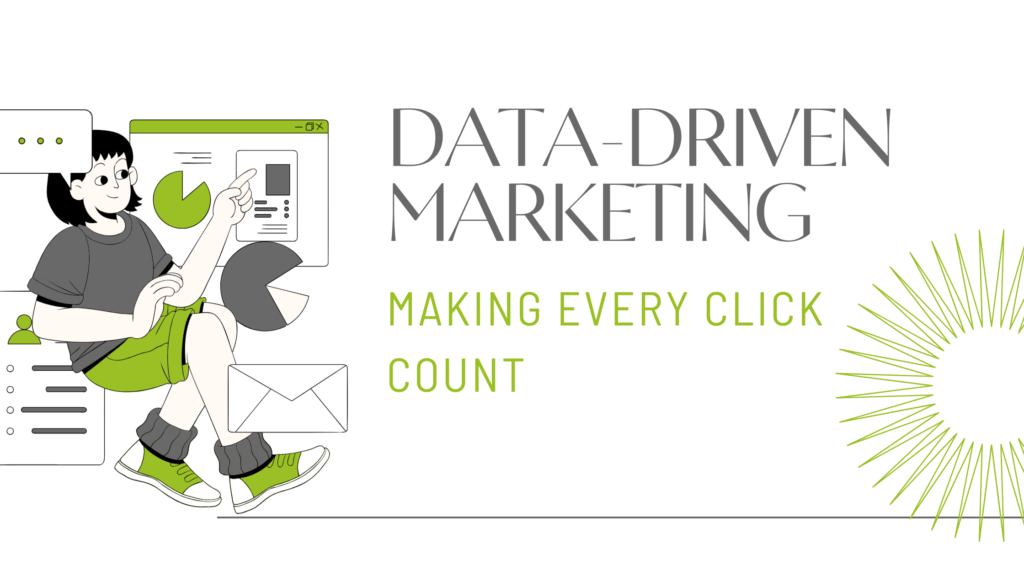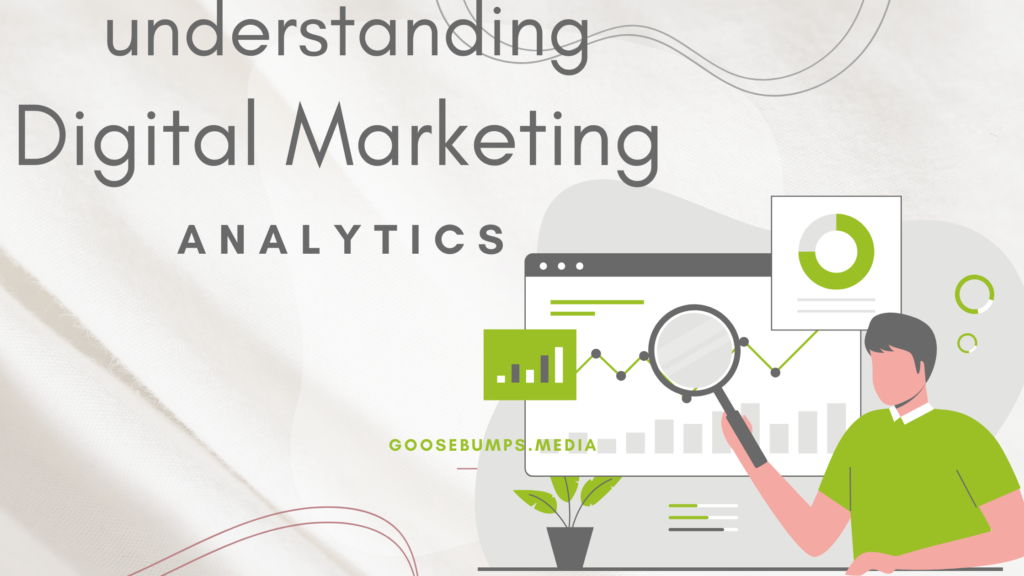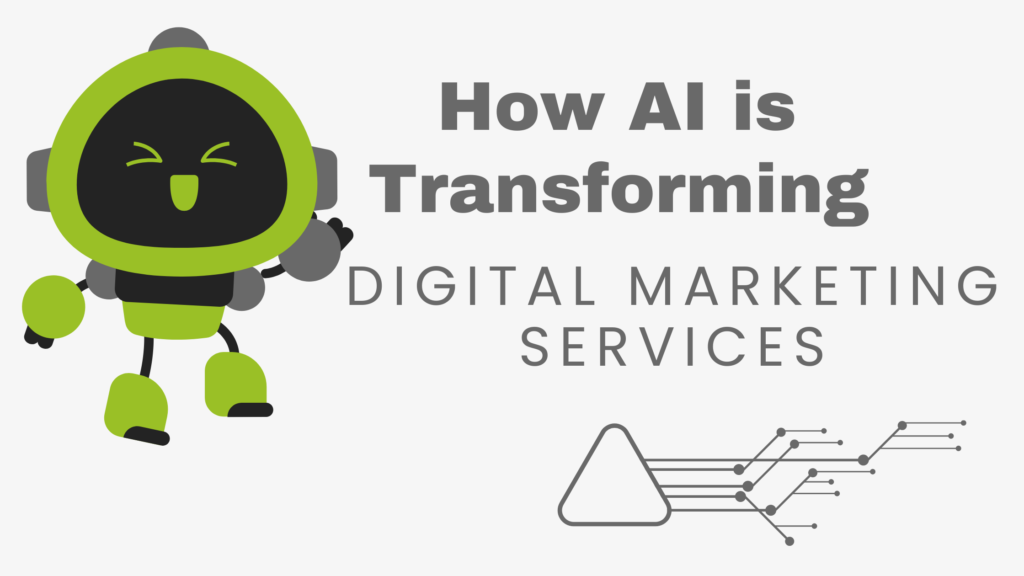
In today’s digital landscape, data has become the cornerstone of successful marketing strategies. Data-driven marketing empowers businesses to make informed decisions, optimize campaigns, and ultimately make every click count. This article explores the intricacies of data-driven marketing and how businesses can harness the power of data to drive growth and engagement.
Introduction to Data-Driven Marketing
Data-driven marketing revolves around using data insights to create targeted and personalized marketing strategies. It involves collecting, analyzing, and leveraging data to understand customer behavior, preferences, and trends. By harnessing data effectively, marketers can optimize their campaigns, improve ROI, and enhance the overall customer experience.
Importance of Data in Digital Marketing
In the digital age, data is invaluable for marketers. It provides actionable insights into customer demographics, purchase patterns, browsing behavior, and more. With data, marketers can create hyper-targeted campaigns, deliver personalized content, and measure the success of their efforts accurately.
Understanding Customer Data
Collecting Customer Data
The first step in data-driven marketing is collecting relevant customer data. This includes demographic information, browsing history, purchase behavior, social media interactions, and feedback. Marketers can gather data through website analytics, CRM systems, social media platforms, surveys, and other sources.
Analyzing Customer Data
Once data is collected, it’s essential to analyze it effectively. Data analysis involves identifying patterns, trends, correlations, and customer segments. By leveraging data analytics tools and techniques, marketers can uncover valuable insights that inform their marketing strategies.
Using Data for Targeted Marketing
Personalization Strategies
Personalization is key to effective marketing. By using customer data, marketers can create personalized content, recommendations, offers, and messages. Personalization enhances customer engagement, loyalty, and satisfaction, leading to higher conversion rates and revenue.
Segmenting Audiences
Segmentation involves dividing customers into distinct groups based on shared characteristics or behaviors. Marketers can segment audiences by demographics, psychographics, purchase history, engagement levels, and more. Segmentation enables targeted messaging and tailored marketing strategies for each audience segment.
Optimizing Campaigns with Data Analysis
A/B Testing
A/B testing, also known as split testing, compares two versions of a marketing asset to determine which performs better. Marketers can test elements such as headlines, images, CTAs, and email subject lines. By analyzing test results, marketers can optimize campaigns for maximum effectiveness.
Conversion Rate Optimization
Conversion rate optimization (CRO) focuses on improving the percentage of website visitors who take desired actions, such as making a purchase or filling out a form. Data-driven CRO involves analyzing user behavior, testing different design elements, and optimizing the user journey for higher conversions.
Leveraging Data for Customer Engagement
Email Marketing Insights
Email marketing remains a powerful tool for customer engagement. Data-driven email marketing involves segmenting email lists, personalizing content, and analyzing email performance metrics. By leveraging data insights, marketers can send targeted, relevant emails that resonate with recipients.
Social Media Analytics
Social media platforms provide a wealth of data for marketers. Social media analytics tools track metrics such as engagement, reach, clicks, shares, and conversions. Marketers can use social media data to measure campaign effectiveness, understand audience preferences, and refine their social media strategies.
Implementing Data-Driven Strategies
Tools and Technologies
Numerous tools and technologies facilitate data-driven marketing efforts. These include CRM systems, marketing automation platforms, data analytics software, customer data platforms (CDPs), and AI-powered tools for predictive analytics and personalization. Marketers should invest in the right tools to streamline data collection, analysis, and activation.
Data Privacy and Ethics
With great data power comes great responsibility. Marketers must prioritize data privacy, security, and ethical use. This includes obtaining consent for data collection, safeguarding customer information, complying with data regulations (such as GDPR and CCPA), and being transparent about data practices.
Conclusion: Maximizing ROI with Data-Driven Marketing
Data-driven marketing is not just a trend; it’s a necessity for modern businesses. By leveraging data effectively, marketers can maximize ROI, enhance customer relationships, and stay ahead of the competition. As technology continues to evolve, data-driven strategies will play an increasingly vital role in shaping successful marketing campaigns


